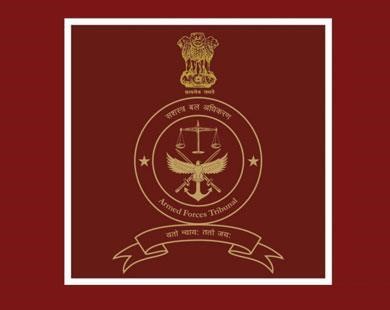Armed Forces Tribunal Expansion: Enhancing Legal Accessibility
Why in the news?
The Supreme Court has proposed establishing new Armed Forces Tribunal (AFT) benches in Jammu & Kashmir and Himachal Pradesh to address the rising backlog of defence-related cases, ensuring timely justice for military personnel in these underserved regions.
Expansion of Armed Forces Tribunal (AFT):
- The Supreme Court has proposed establishing new AFT benches in Jammu & Kashmir and Himachal Pradesh.
- This move aims to address the increasing backlog of defence-related cases in these regions.
Structure and Operations
- AFT functions with a principal bench in New Delhi and regional benches in cities such as Chandigarh, Lucknow, Chennai, and Srinagar.
- Each bench comprises:
- A Judicial Member (retired High Court Judge).
- An Administrative Member (retired Armed Forces officer of Major General rank or above).
- Hearings are conducted in English, following procedures akin to High Courts.
- The tribunal addresses disputes related to:
- Appointments and enrolments.
- Commissions and service conditions.
- Court-martial verdicts.
Significance of the Proposal
- Adding new benches underscores the government’s focus on ensuring timely justice for armed forces personnel.
- This initiative enhances legal accessibility in underserved regions, reflecting a commitment to addressing the unique needs of defence personnel efficiently.
About Armed Forces Tribunal:
- AFT was established under the Armed Forces Tribunal Act, 2007, and operates under the Ministry of Defence (MoD).
- It handles military disputes, including service matters and appeals against court-martial decisions.
- AFT has:
- Original jurisdiction: Service-related cases.
- Appellate jurisdiction: Court-martial decisions.
- Appeals against AFT decisions are only allowed in the Supreme Court.
Sources Referred:
PIB, The Hindu, Indian Express, Hindustan Times





